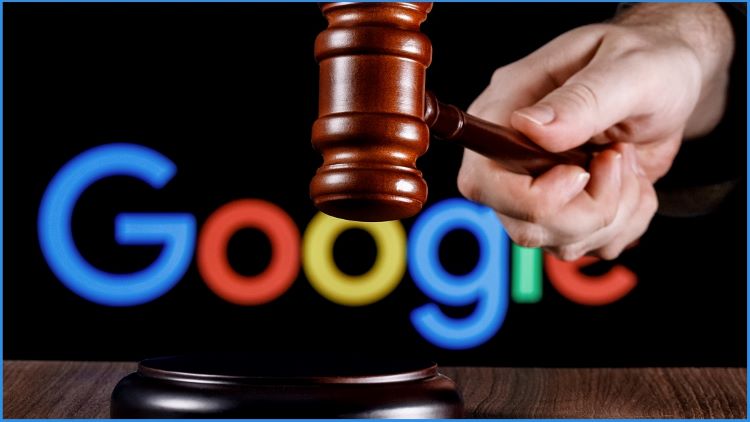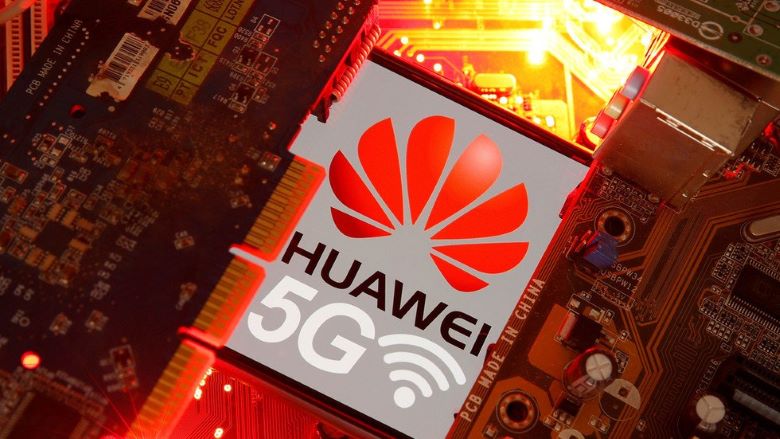Nandini Roy Choudhury, writer
Brief news
- The DOJ issued guidelines suggesting potential antitrust sanctions against Google, including contract prohibitions and structural remedies to prevent monopoly maintenance in search-related products.
- Google plans to appeal a ruling confirming its monopoly status, while the DOJ recommends increased data sharing and transparency.
- The recommendations could significantly impact Google’s business practices, with a decision on remedies expected by August 2025.
Detailed news
On Tuesday evening, the Department of Justice issued guidelines regarding Google’s search engine business conduct. These recommendations suggested that the government was contemplating the possibility of breaking the tech behemoth as an antitrust sanction.
The department stated in a filing that the remedies required to “prevent and restrain monopoly maintenance” could include contract requirements and prohibitions, non-discrimination product requirements, data and interoperability requirements, and structural requirements.
The DOJ also stated that it was “evaluating structural and behavioral remedies to prevent Google from exploiting products such as Chrome, Play, and Android to gain an advantage over rivals or new entrants in the realm of search and search-related products and features, including emerging search access points and features like artificial intelligence.”
Furthermore, the Department of Justice recommended that default agreements and “other revenue-sharing arrangements related to search and search-related products” be restricted or prohibited. This would encompass Google’s search position agreements with Apple’s iPhone and Samsung devices, which result in billions of dollars in annual payments. According to the agency, one potential solution is to mandate a “choice screen,” which would enable users to select from a variety of search engines.
These remedies would terminate “Google’s control of distribution today” and guarantee that “Google cannot control the distribution of tomorrow.”
The recommendations were issued subsequent to a ruling by a U.S. magistrate in August that Google maintains a monopoly in the search market. The government filed the landmark case in 2020, alleging that Google has maintained its share of the general search market by establishing strong barriers to entry and a feedback cycle that has maintained its dominance. This ruling followed. The court determined that Google had violated Section 2 of the Sherman Act, which prohibits the establishment of monopolies.
Kent Walker, Google’s president of global affairs, announced that the company intends to appeal the ruling. He also emphasized the court’s emphasis on the superior quality of Google’s search products, which the judge also acknowledged in his ruling.
The Department of Justice also advised Google to disclose its data within its search index and models to competitors, which includes its AI-assisted search features and ad ranking data. The DOJ is also contemplating remedies that would “prevent Google from using or retraining data that cannot be effectively shared with others on the basis of privacy concerns,” according to the filing.
The recommendations are still in the process of being determined.
Judge Amit Mehta stated that he intends to render a decision on the remedies by August 2025. Google’s appeal is expected to prolong the ultimate impact by several years.
Google’s vice president of regulatory affairs, Lee-Anne Mulholland, dubbed the Department of Justice’s recommendations “radical” in response to the Tuesday filing.
The subject of this case is a collection of search distribution contracts, as Mulholland stated in a blog post. “Instead of concentrating on this, the government appears to be pursuing a comprehensive agenda that will have a significant impact on consumers, businesses, and American competitiveness, affecting a variety of industries and products.”
She also stated that “splitting off Chrome or Android would cause them to malfunction, as well as numerous other items.”
According to certain legal professionals, the court is most likely to request that Google terminate specific exclusive agreements, such as those with Apple. Experts informed CNBC that the court may recommend that Google facilitate the process of testing alternative search engines. Nevertheless, the experts expressed that the likelihood of a divorce is reduced.
“Google Search & Other” generated $48.5 billion in revenue during the second quarter, which constituted 57% of Alphabet’s total revenue. Ninety percent of the search market share is controlled by the organization.
Earlier this week, a U.S. magistrate issued a permanent injunction in a separate antitrust case, requiring Google to provide alternatives to its Google Play store for the download of applications on Android phones.
In September, a judge concluded a trial for an additional antitrust case initiated by the Department of Justice (DOJ), this time focusing on Google’s ad tech business.
Source : CNBC News



